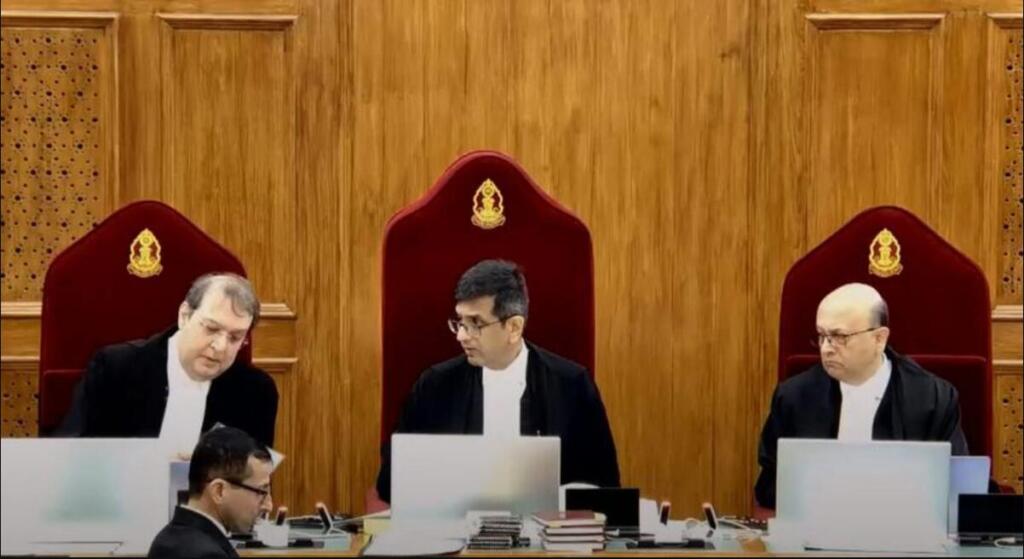In a landmark move, the Supreme Court of India has taken suo motu cognizance of the rape and murder of a 31-year-old resident doctor at RG Kar Medical College and Hospital in Kolkata, West Bengal. This intervention, led by Chief Justice of India (CJI) DY Chandrachud, underscores the grave systemic issues surrounding the safety of medical professionals, particularly women, in India. The case, originally under the purview of the Calcutta High Court, was escalated by the Supreme Court due to the broader implications for the safety and working conditions of doctors across the country.
A Disturbing Incident and Systemic Failures
The CJI expressed deep concern over the horrifying nature of the crime and the systemic negligence that contributed to it. The incident, which occurred on August 9, 2024, saw a young doctor, after a 36-hour shift, brutally raped and murdered within the hospital premises. The Supreme Court highlighted the virtual absence of safe working conditions for doctors, especially women, across Indian hospitals. The lack of proper restrooms, separate duty rooms for male and female doctors, and inadequate security measures were identified as critical issues that need immediate redressal.
The CJI emphasized that the case goes beyond the tragic murder in Kolkata and touches upon the broader systemic issue of doctor safety in India. “What is equality under the Constitution if women cannot be safe in their workplace?” remarked the CJI, stressing the need for a national consensus on a standard protocol for safe working conditions in hospitals.
Raises Concern Over Handling of the Incident
The SC’s concerns extended to the manner in which the incident was handled by the authorities. “The delay in filing a First Information Report (FIR) and the initial attempt by the hospital principal to pass off the incident as a suicide were severely criticized”
“The CJI questioned the actions of the hospital authorities and the Kolkata Police, who failed to secure the crime scene and protect the hospital from further vandalism by a large mob on August 15, 2024.”
“The bench also pointed out the insensitive and illegal dissemination of the victim’s identity and graphic images in the media, violating court judgments that prohibit the publication of sexual assault survivors’ identities.”
Formation of National Task Force for Doctor Safety
In response to these alarming concerns, the Supreme Court announced the formation of a National Task Force (NTF) to formulate and enforce a national safety protocol for medical professionals. The NTF, comprising eminent doctors from diverse backgrounds, will suggest modalities to ensure safe working conditions in hospitals across India. The task force will also consider measures to prevent gender-based violence and ensure dignified working conditions for interns, residents, and non-resident doctors.
The CJI outlined the task force’s scope, including the need for additional security in emergency rooms, baggage screening to prevent arms from entering hospital premises, limiting access to non-patients, and improving rest facilities for doctors. The task force will also examine the need for biometric and facial recognition systems, proper lighting, CCTV installations, and secure transport for medical professionals working late shifts.
Immediate Action and Future Steps
The Supreme Court has mandated the NTF to submit an interim report within three weeks and a final report within two months. All states and union territories have been directed to compile and submit data on hospital security measures, resting facilities for doctors, CCTV coverage, and the implementation of the POSH Act within a month. Additionally, the Central Bureau of Investigation (CBI) has been ordered to submit a status report on the ongoing investigation by August 22, 2024.
This suo motu action by the Supreme Court highlights the urgent need for systemic reforms to protect medical professionals, especially women, in India. The case serves as a stark reminder of the vulnerabilities faced by doctors in their workplaces and the critical need for nationwide measures to ensure their safety and dignity.
